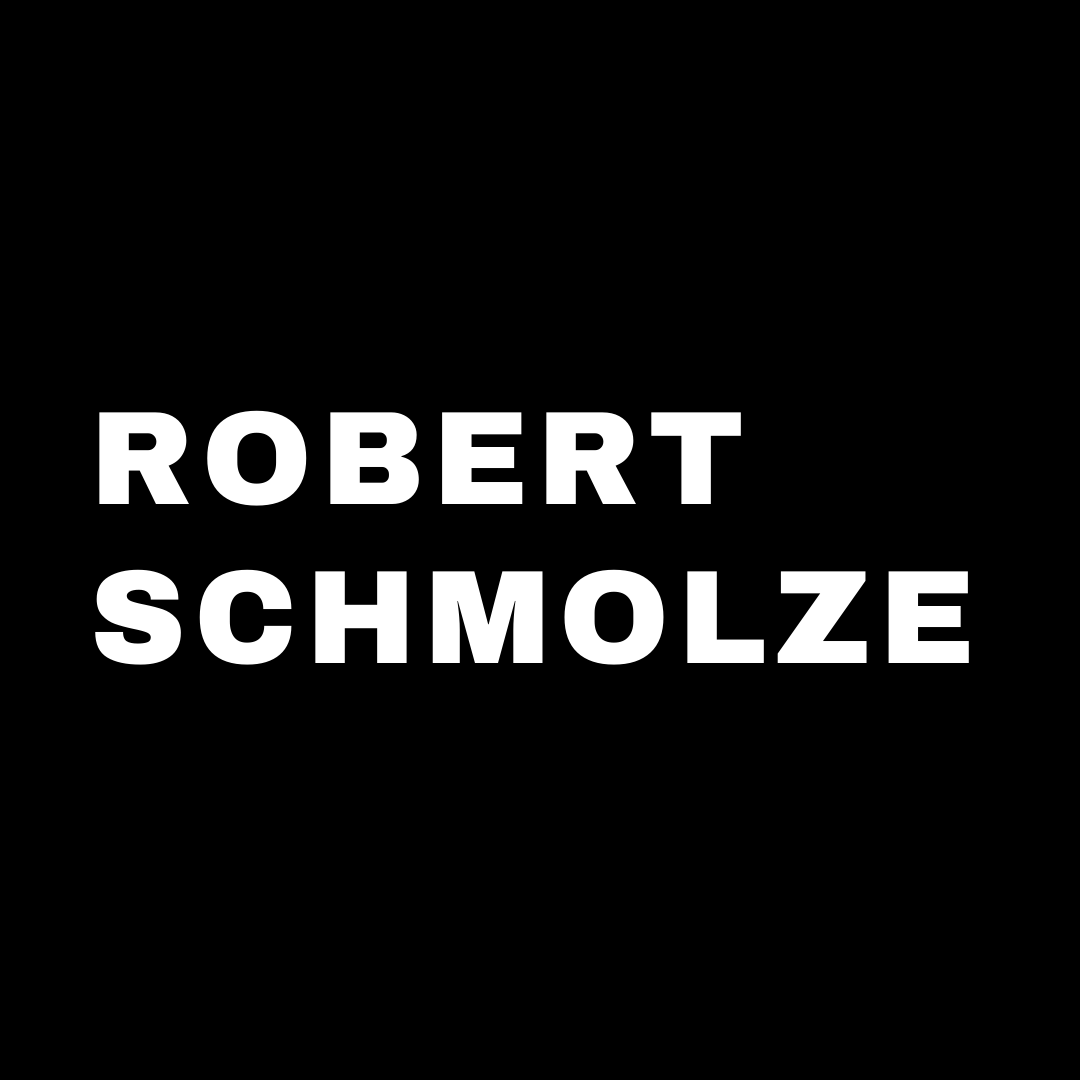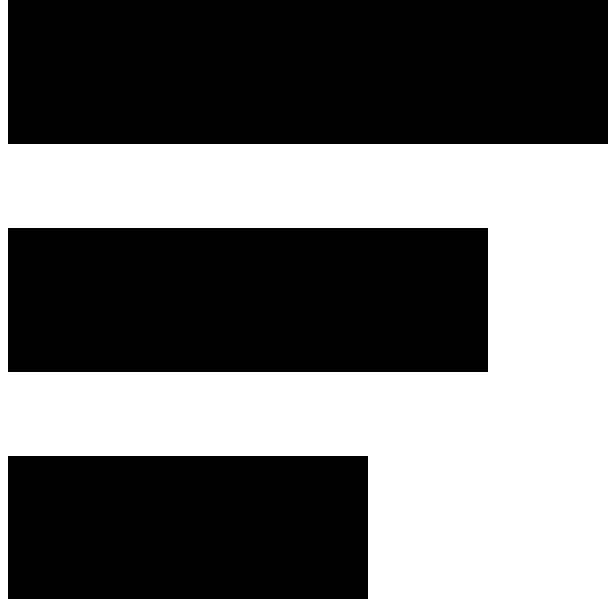Written by Andreas von der Heydt
Recently I´ve been thinking a lot about the future of education and learning. Topics I´m extremely passionate about. I´m more convinced than ever that we´re on the brink of experiencing a massive and super exciting educational sea change.
Below are eleven theses which I believe will shape the future of education and the way we´ll be learning. I´m sure you might think of different and/or additional ones. Please share them with us and leave a comment at the end; and please join our discussion!
Innovation and Accessibility – With rapid and multiple technological innovations and increased competition among various education providers, learning and education will become more affordable, fun, accessible and democratic than ever before. New forms of learning like project-based learning, nano learning, shadowing, on-the-job mentoring, virtual collaboration, etc. will grow very dynamically.
Online Education Rocks – Online education has some clear advantages over traditional education approaches. There will be more blended learning offers and opportunities in the future with a focus on online learning.
Critical Thinking Capabilities as Main Differentiator – To think critically, to be able to analyze and synthesize, to differentiate between relevant and irrelevant factors, to solve complex problems, to be open-minded and flexible, and to communicate clearly will become an extremely crucial skill set.
Soft Skills are Key – To be successful in an age of omnipresent and constant change and ambiguity it´ll be essential to excel in soft skills, i.e. being very good at ownership, initiative, creative thinking, responsibility, transparency, and work ethics.
Drastic Drop in Knowledge Shelf Life – Most of what we know today will be obsolete within the next five to ten years.
AI and Human-centered Learning – AI-based automation will take over mundane and replicable tasks. Humans should concentrate their learning and growth efforts around creativity, intuition, emotions, reflection, and self-awareness. All those aspects which can´t be imitated by algorithms and machines.
Lifelong Learning – The best education programs and efforts will teach people how to be lifelong learners.
Personalized Learning – 1o1 Tutoring, either human to human or computer to human, will take off and help average students to become significantly better students by following their individual, self-paced curriculum.
Science and Humanities – The more STEM (science, technology, engineering, mathematics) will influence our daily lives, the more we will need humanities. Humanities help us to critically ask the right questions and prevent us from feeling overly certain, arrogant, and invincible.
Three Main Categories of Education – Most likely, education will divide into three categories: foundational, last mile, and continuing. “Foundational education” is the stuff that everybody needs, i.e. fundamental knowledge and skills. “Last mile education” is the technical training that bridges the gap between a well-rounded foundation and the specific skills that are needed to enter specific career paths. “Continuing education” is what we all need in order to stay current in a world where anything you learn is going to become obsolete within a decade. (inspired by Danny Iny)
Students as Owners – Critical input from students on content and relevance of their courses will be at the heart of a comprehensive study and learning program.
Repost read the original article here: https://www.linkedin.com/pulse/11-thesis-future-education-learning-andreas-von-der-heydt/
Written by Andreas von der Heydt is Director of Talent Acquisition & Recruiting at Amazon. Before he held various senior management positions at Amazon and L’Oréal. He’s a leadership expert and management coach (https://www.avonderheydt.com/). He also founded Consumer Goods Club. Andreas worked and lived in Europe, Australia, the U.S. and Asia. Currently he lives with his wife and daughters in Seattle, USA. Andreas enjoys blogging as a private person here on LinkedIn about various exciting topics. His latest book is about what makes a future leader. All statements made, opinions expressed, etc. in his articles only reflect his personal opinion.



